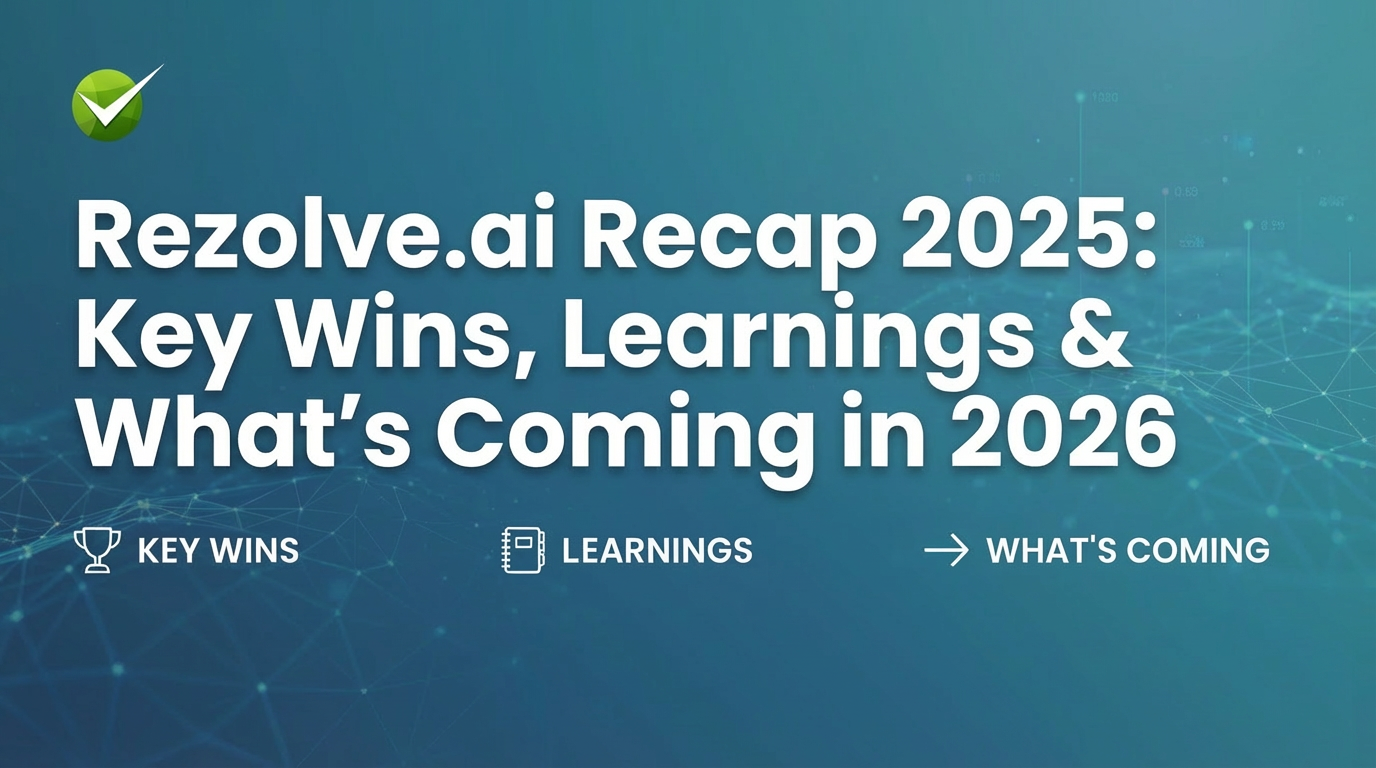Artificial Intelligence as a technology is capturing the Service Desk Industry. Using AI in virtual agents and chatbots to automate service management tasks. This reduces the time spent by a human agent on mundane tasks while maximizes their engagement and productivity across a wide range of other challenging applications.
The integration of AI in ITSM will have various advantages and can be very powerful because it will start to do correlation and recognize the linkages around various events within the managed environment.
Here are 5 ITSM trends which become very useful in the AI era:
1) Self Service Culture: Virtual Service Desks and Chatbots are making their way into the Service Desk Industry while leveraging Natural Language Processing techniques. What this means is that AI and Machine Learning Techniques are becoming more embedded and this can be considered an improvement in Service Intelligence. This would include the phenomenon where an end-user would interact with conversational AI and get what they need in a matter of seconds or minutes.
Even though a request is still created. It’s progressed to fulfillment and resolution. AI is involved in processing the request – either fully or partially assisting in decisions around fulfillment. Once this is done, AI pushes the requested service out automatically. And finally updates the request which sends a survey and so on. This eventually leads to customer satisfaction.
2) Enterprise Service Management: End to End automation will be ensured with minimum to negligible human intervention in processes such as Patch Management, Incident Routing, and Software Developments.
Consider the scenario of Problem Management: Machine learning algorithms scan for patterns in the data. This data can be previously recorded or real-time data and presents the potential areas of “problems” to be investigated. This is not all AI can do, it can even suggest the required solution.
3) Knowledge Management: With the help of AI, a knowledge base can be established thus storing previously raised incidents and resolved tickets. This in turn reduces the back and forth conversation between an end-user and the Service Desk Staff. This Knowledge base acts as a source for big data analysis and AI.
AI provides solutions to the employees from the repository if available or searches the cloud to suggest a relevant solution. If employees are not able to find the right solution, it creates new articles and provides smart suggestions for IT agents while providing resolution. When it comes down to recommending Solutions to the employees, Deep Learning techniques are used.
4) Digital Transformation: AI when leveraged the right way can lead to Digital transformation. This is done by using technology innovations to drive business growth and efficiency. Applying AI technologies such as chatbots, virtual agents to improve customer interaction are common examples. Due to automation, there is a boost in customer satisfaction which helps businesses grow.
5) Agile Frameworks: Agility plays a key role in the business development of a Business Organization. But in order to implement AI into your applications, there is a need for extensive data mining and data availability.
Agile AI approach breaks down a project into smaller components for faster deployment. This gives teams responsible for the deployment of those projects the factor of flexibility in rapidly evolving environments. Agile AI leverages data science and it expands to other business functions.
In the AI era, the way we see ITSM is changing due to automation and the rise of Intelligent systems. It comes down to the Organization to adopt these techniques and change its services by leveraging these techniques and practices.





.webp)




.jpg)

.png)








.png)